
Education
Game on for collaborative learning
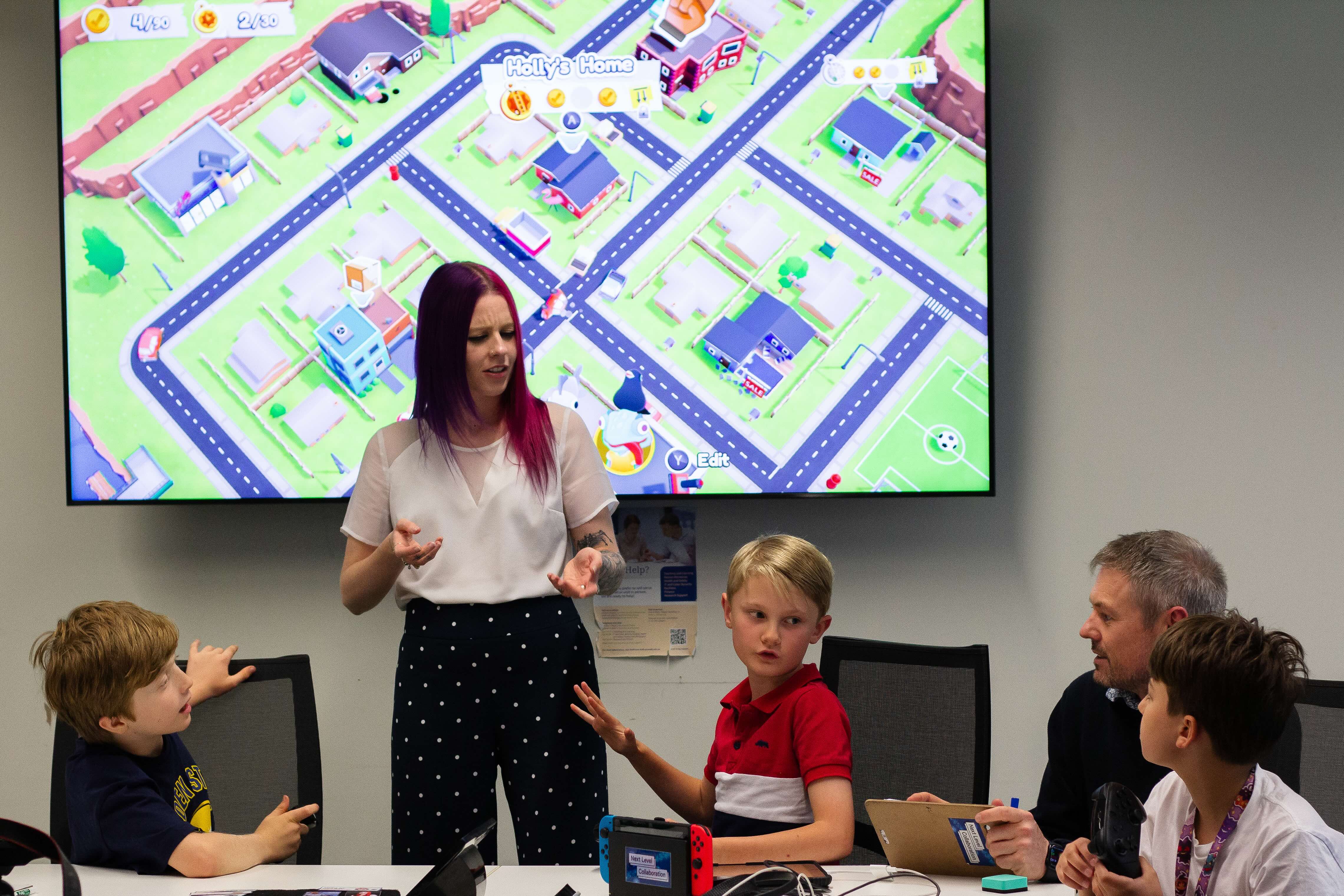
Neurodivergent kids all over the world are set to build friendships, confidence and belonging through a collaborative gaming program
Published 21 March 2025
In recent years, awareness and celebration of neurodiversity has been increasing.
But there is also a growing awareness of the challenges experienced by many neurodivergent people when trying to feel socially included in their classrooms, workplaces and across the community.
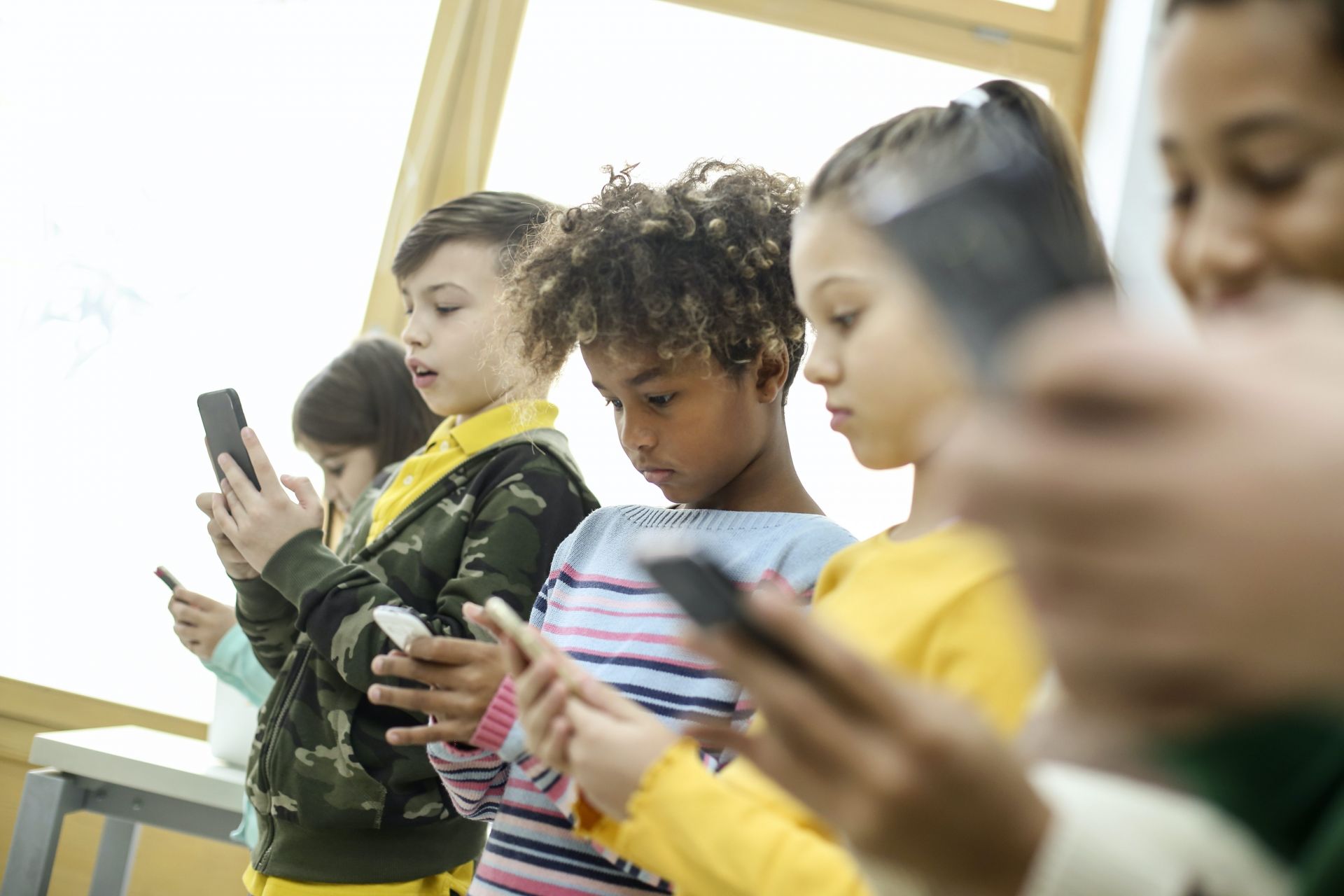
There has been a substantial shift away from trying to shape neurodivergent children and young adults into ‘acting neurotypical’.
These young people may be autistic, have Attention Deficit Hyperactivity Disorder (ADHD), identify with another neurotype or neurological difference, or not have a formal diagnosis at all.
With an estimated 290,000 Australians diagnosed with autism and one in 20 of us having ADHD – this is a very positive step forward.
But it has also left many teachers and school leaders at a loss as when it comes to helping these people develop essential collaborative problem-solving skills while allowing neurodivergent people to be themselves.
Ten years ago, when we first began working with young people, we saw the strengths and interests many neurodivergent children and young adults exhibited when doing something they loved – playing video games.

Education
Game on for collaborative learning
Right from our initial research, it became clear that when designed with neurodivergent voices at the centre, these gaming experiences could provide a space where students could build friendships, practice working as a cohesive team and develop a sense of belonging.
But nothing existed that used a neurodivergent person’s strength and interest in commercial video games to develop collaborative skills in ways that were both affirming of their differences and allowed them to be themselves.
Over the last decade, we have been on a journey to translate this research into Next Level Collaboration, a social enterprise that runs social-capacity building programs for neurodivergent children and provides inclusive employment for neurodivergent adults.
The program was launched in 2020 through the Faculty of Education and has since been delivered to students aged eight to 15 in more than 100 schools across Australia.
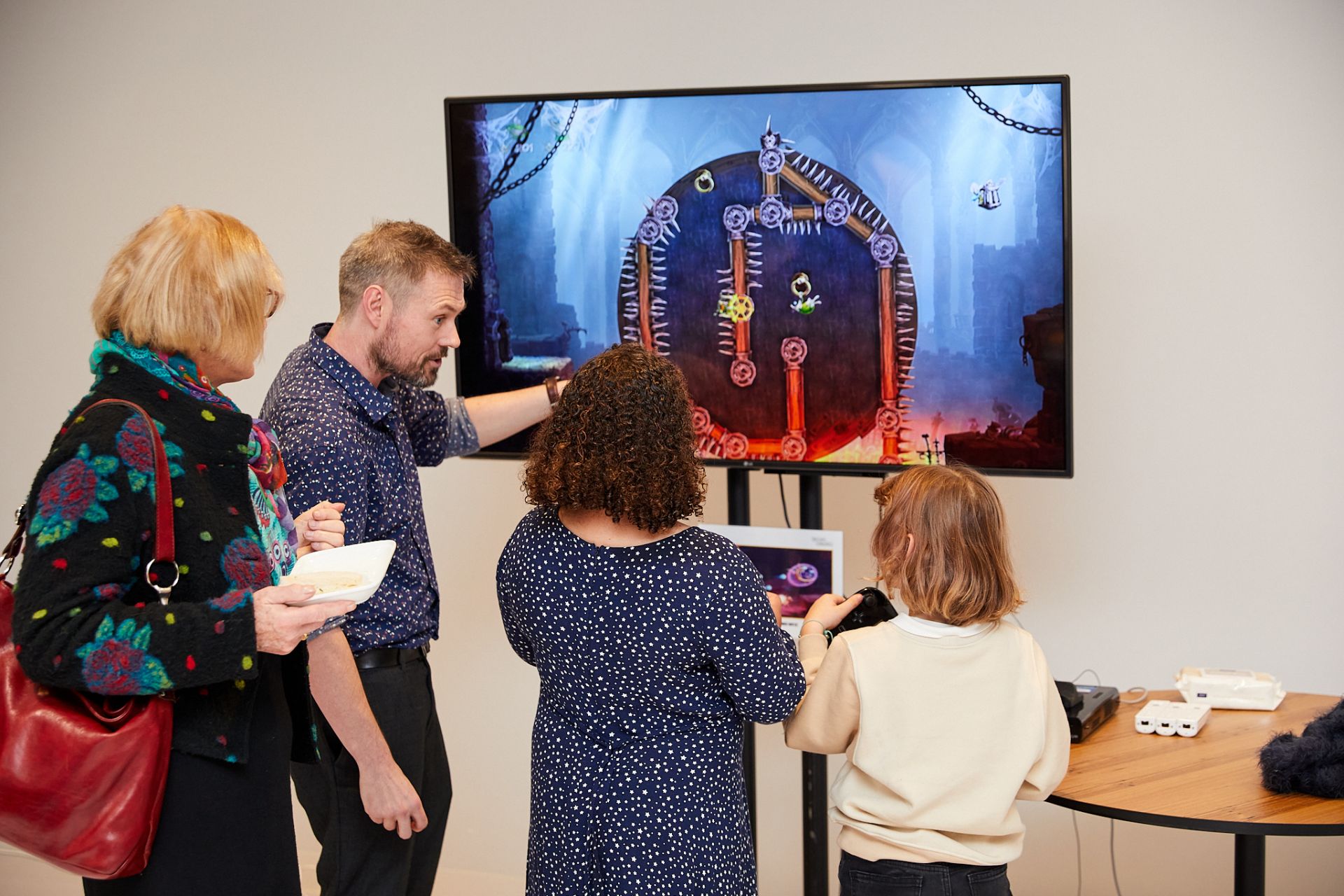
Through working with advocacy groups and connecting with passionate parents, we were surprised by the level of interest in what we were doing.
With a long waiting list of excited children and young adults, we knew that we needed to find a way that everyone could benefit from this research-translation project.
Recent investment through the Genesis Pre-Seed Fund is enabling us to develop an online platform for international schools and allied health professionals to run at their respective institutions worldwide.
The research underpinning our program began during Matthew’s PhD at the University of Melbourne.
He explored how structured gaming environments can create the conditions for collaboration and connection among neurodivergent children and young adults.

Sciences & Technology
Kids with disability are gamers too
This work analysed video recordings of gaming sessions, interviewed participants, and refined approaches to ensure the program was both engaging and effective.
As the research progressed, we formed a partnership to further develop a structured approach to using cooperative video games as a tool for building social capacity.
Jess, an autistic speech pathologist and researcher who also has ADHD, brought her expertise in communication, neurodiversity-affirming practice and program design – complementing Matthew’s background in education and digital learning.
Our lived experiences as neurodivergent people, our research and our social mission inform everything we do as researcher-practitioners – from the way we design our sessions to the way we engage with the community.
So, the success of early pilot programs led us to consider how this work could extend beyond academic research and have a broader impact.
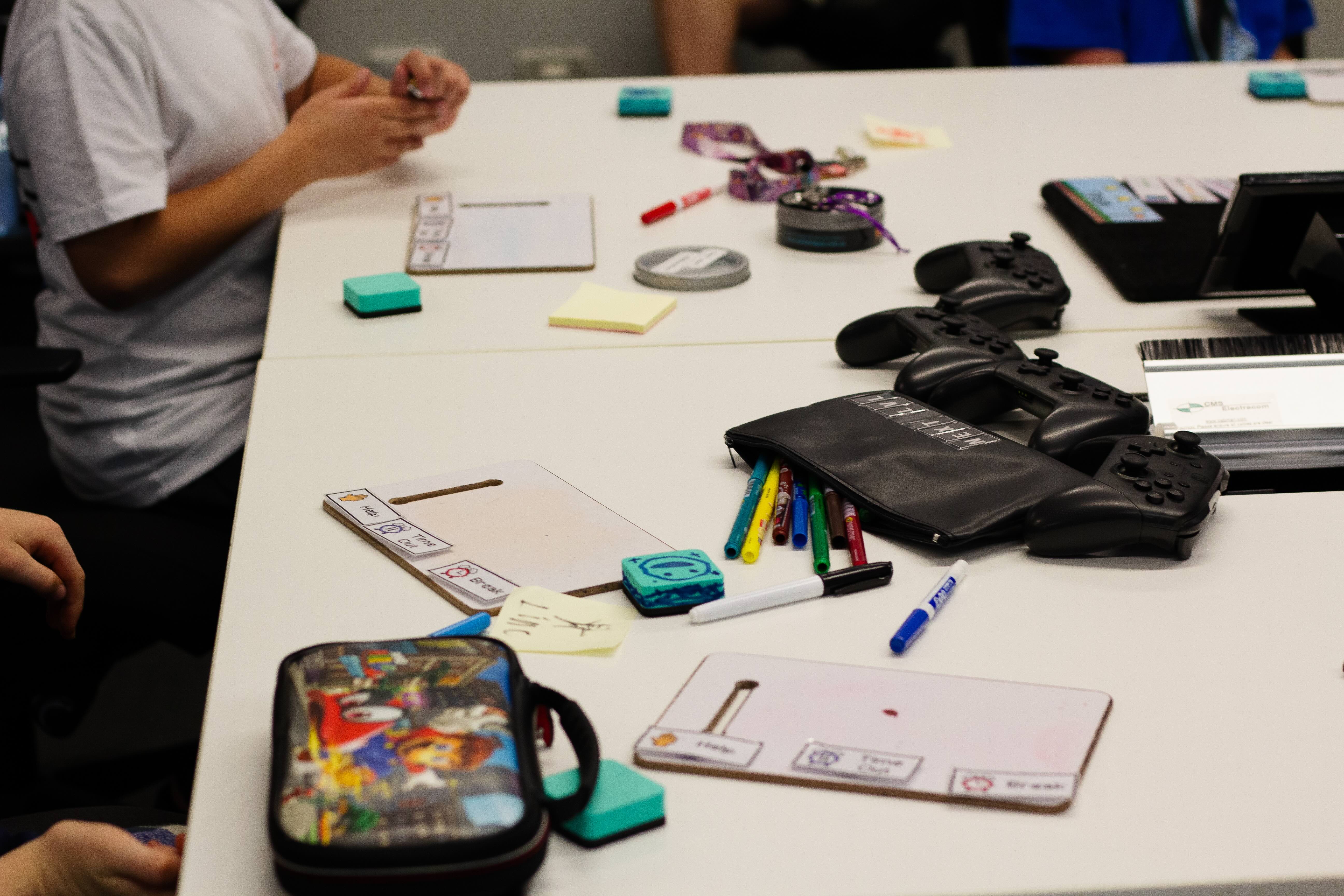
To explore the transition from research to implementation, we participated in the Translating Research at Melbourne (TRAM) program and later the Melbourne Accelerator Program (MAP).
These initiatives provided essential guidance on how to take evidence-based interventions and make them accessible to schools, clinics and community organisations.
From these early steps, Next Level Collaboration evolved into a structured program that could be implemented in a variety of settings.
Unlike traditional social skills training, which often focuses on teaching neurodivergent students to mimic neurotypical behaviours, our approach prioritised collaboration skills in a way that validated neurodivergent communication and problem-solving styles.
We found providing predictable, structured gaming environments helped students engage without the anxiety often associated with unstructured social interactions.

Sciences & Technology
Q&A: How women and girls are changing gaming
The sessions are split into three stages, firstly the participants are taught about the importance of cooperation and the different ways of demonstrating collaborative skills.
They then play a video game where they are required to work together as a team to achieve a common goal.
Each session ends with a guided reflection on the performance of the collaborative skills used during gameplay and areas for improvement.
As we began running regular sessions, we recognised a growing demand for neurodiversity-affirming programs and began training educators, school support staff and allied health professionals to deliver their own versions of the program.
One of the most rewarding aspects of this work has been seeing others adopt the model – it means more neurodivergent students can benefit from the research we began.
A significant milestone for us was establishing Next Level Collaboration as the first openly neurodivergent-led spinout company from the University of Melbourne.
While the transition from research to enterprise was not something we initially planned, it became clear that creating a social enterprise was the best way to ensure the long-term sustainability of this work.
A key part of our mission is addressing the employment barriers faced by neurodivergent adults.
Many of us struggle to find and maintain meaningful work due to systemic barriers in hiring and workplace culture.
By prioritising neurodivergent employment within Next Level Collaboration, we have created jobs that align with our team's strengths and expertise.

We currently employ 13 neurodivergent adults, and with recent investment from the Genesis Fund, a pre-seed venture fund established by the University of Melbourne – we are looking to expand further.
Reflecting on this journey, what stands out to us most is the importance of research translation in creating real-world change.
Academic research is often rich with insights that could improve lives, yet many projects never move beyond journal articles and conference presentations.
Through Next Level Collaboration, we have been fortunate to see firsthand how research can be transformed into practical, impactful initiatives.
We've listened to the voices of neurodivergent students, working closely with educators and clinicians while learning from the process of research translation.
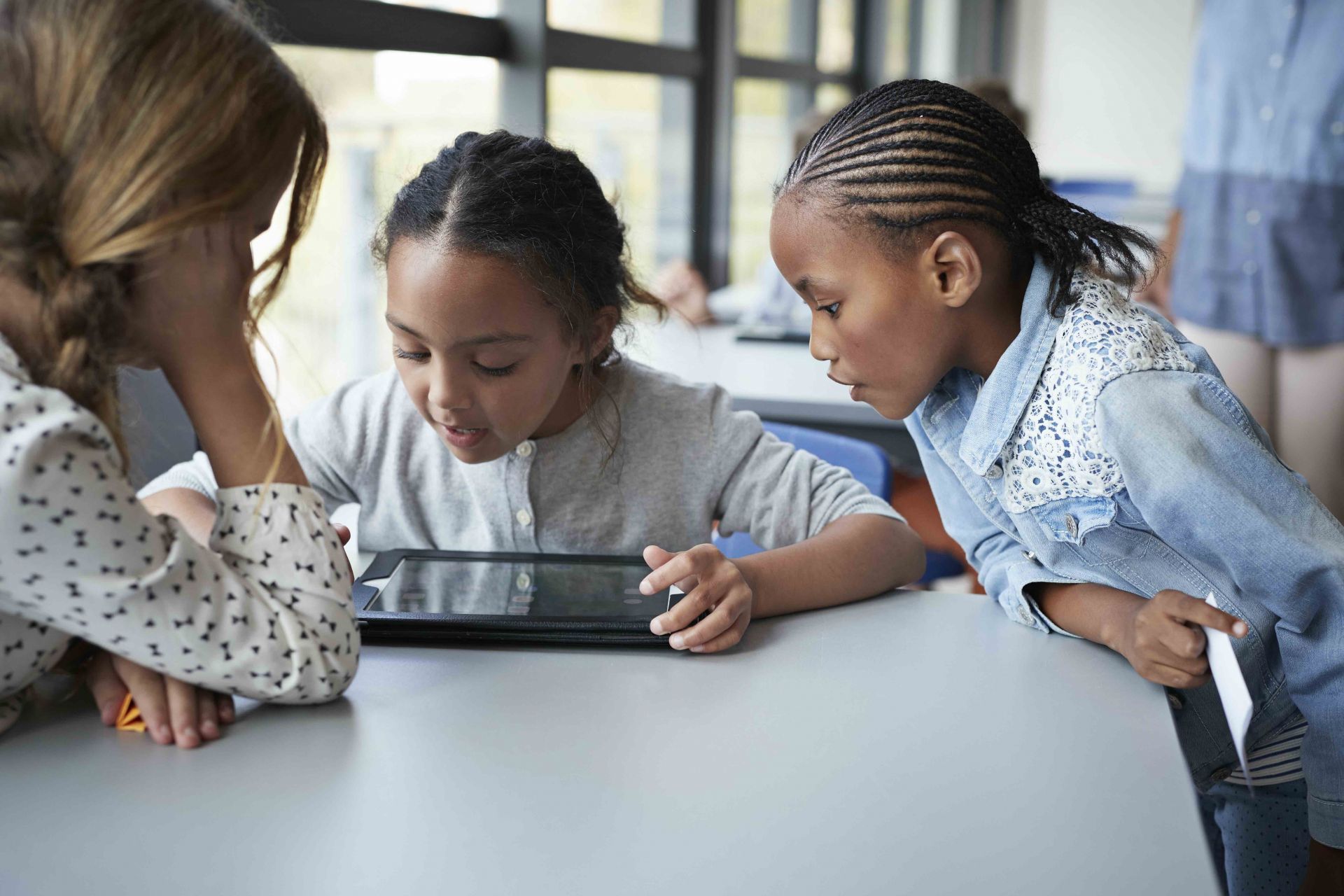
As a result, we have developed something that not only benefits individuals but also contributes to broader conversations about inclusion and belonging.
We aim to continue refining and expanding this work by training Australian teachers and allied health professionals, including speech pathologists and psychologists, to run versions of this program in their schools or clinics.
We have also been fortunate to have had interest in this innovative work from international school leaders and researchers, so we will be connecting with international partners to expand this program to support neurodivergent children and young adults around the world.
At the same time, we want to keep advocating for more research translation initiatives that help bridge the gap between academic knowledge and real-world application.
Through collaboration and community engagement, we can continue to build spaces where neurodivergent individuals feel valued, connected and empowered.
For more information please visit nextlevelcollaboration.com